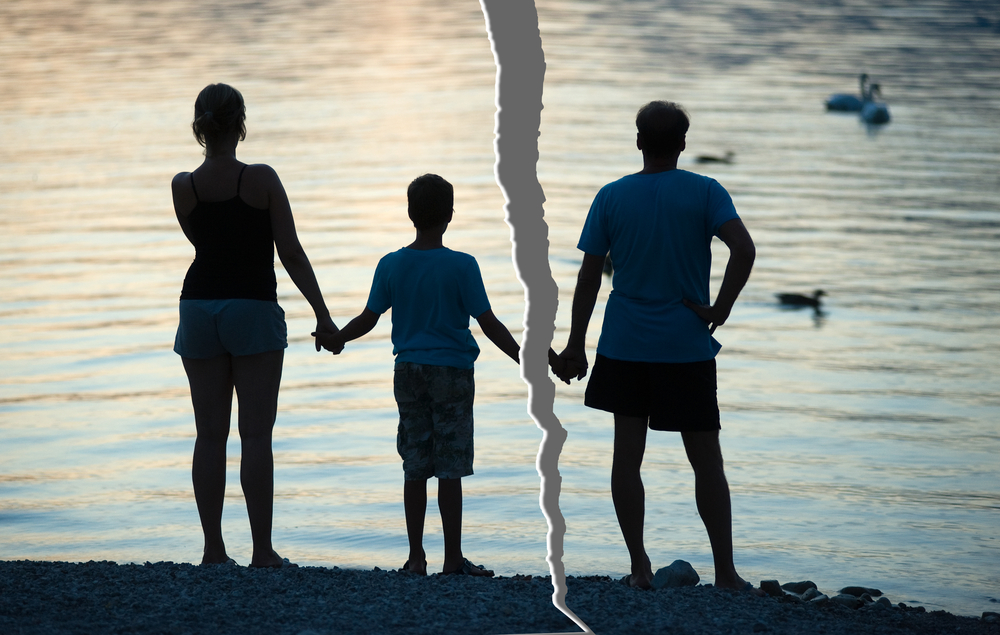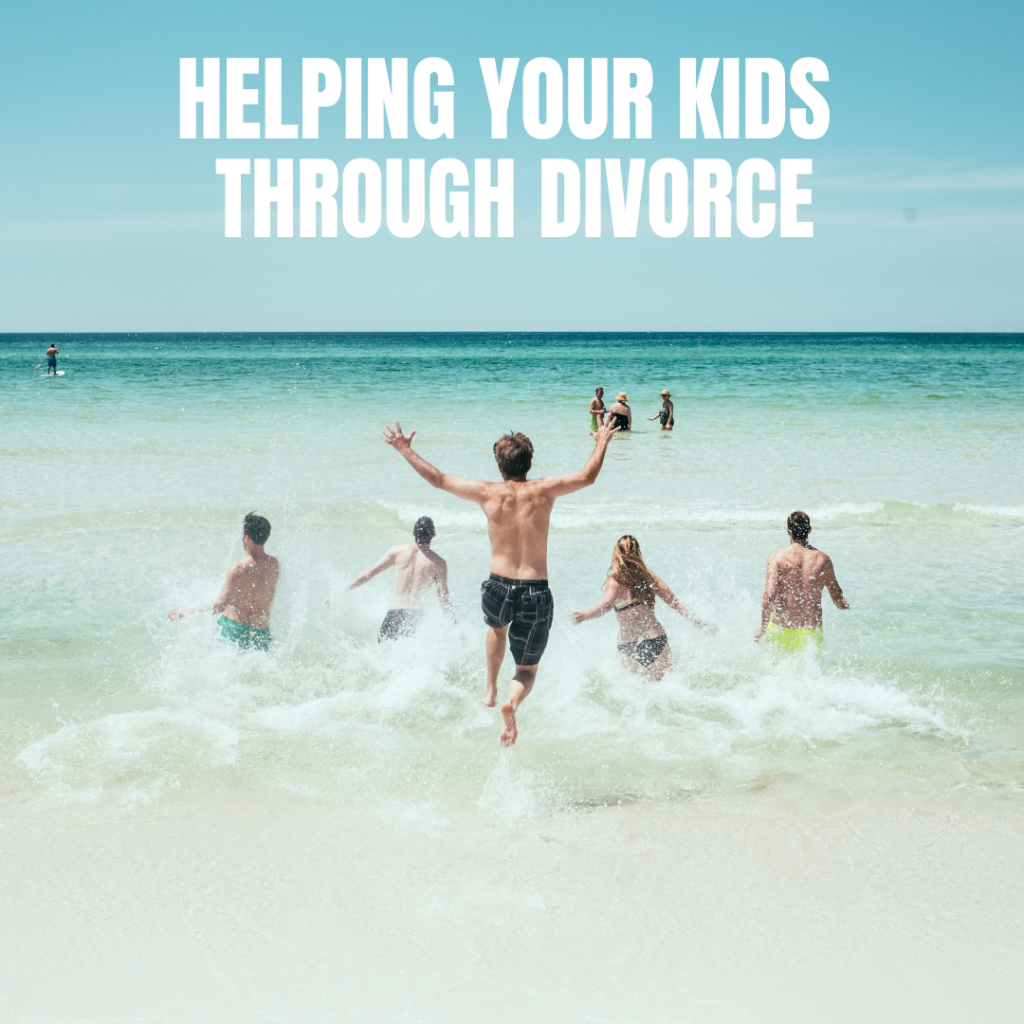Marriage is a bond that most of us enter with the belief that it will last forever. Unfortunately, divorce can sometimes become an unavoidable reality, and its repercussion stretches far beyond the couple involved. During the emotional hurricane, it is important to remember the extreme effect divorce can have on the people around us, particularly our children. I want to share the often-overlooked perspective of children and teenagers in high-conflict divorces, shedding light on the impact of their parent’s behaviors and the importance of considering their well-being during this challenging time.

Unanticipated Insights:
As a swim coach who has interacted closely with high schoolers, I recently had a conversation with one of my swimmers that opened my eyes to how teenagers perceive high-conflict divorces. This swimmer, who had experienced her parents’ divorce, expressed her lack of excitement about visiting her father during the winter holiday. Curious, I asked if she had discussed changing the schedule with her dad, and she shared something unexpected. Her response told a world of conflict and bitterness between her parents, as she shared that they were too “selfish” to work things out, leaving her no choice but to follow the court-ordered visitation schedule.
Realizing the Impact:
This left me questioning how teenagers and children see the behaviors and conflicts within divorced families. Although my own children had gone through a high-conflict divorce, I had never fully grasped the extent of their understanding or the impact it had on them. This swimmer’s comment stayed in my mind, causing me to dive deeper into the perspective of children and teenagers facing similar situations.
The Unseen Struggles:
Children and teenagers facing their parents’ divorce often have little or no knowledge of the potential high-conflict issues that can happen. They are unaware of the hidden problems that led to the separation and the upheaval in their lives. It is common for kids to witness their parents’ arguments, unaware of how serious it is or the possibility of divorce. My children heard and saw our arguments, but I overlooked how much they understood what was happening or expected the eventual divorce.

Children Caught in the Crossfire:
One of the most challenging parts of high-conflict divorces is the custody arrangement, which often becomes a battleground for parents who struggle to agree on anything. Disputes over visitation schedules, living arrangements, and time spent with each parent create endless stress for the parents and the children caught in the middle. The children feel torn between their parents or helpless in deciding their own fate. My swimmer shared that her dad’s inflexibility had ruined any sense of control she had over her own life, leaving her feeling punished for circumstances beyond her control.
The Toll on Children’s Emotional Well-being:
Being caught in the middle of parental battles takes a big toll on children’s and teenagers’ emotional and mental well-being. They often find themselves torn between conflicting stories and struggle to determine whom to trust. This situation shoves them into difficult and adult-like scenarios that they aren’t ready for. I remember receiving a heart-wrenching note from one of my daughters voicing her confusion and pain, as she felt unable to trust anyone because of the conflicting messages she received. It became clear to me that kids in similar situations might not feel comfortable confiding in either of their parents.

Putting Children First:
Despite being in a high-conflict family dynamic, I have prioritized my children’s well-being. While my ex and I may disagree on many things, I strive to make sure that my children understand that my goal is about what is best for them rather than a desire to “win.” The swimmer’s comment about her parents being “selfish” struck a chord with me, making me wonder if my children had ever felt that way without expressing it.
The Power of Boundaries and Support:
Now being aware of the importance of healthy boundaries, I have worked hard to introduce this concept in my children’s lives, in our home, and beyond. Therapy has also played a crucial role, providing them with a safe space to process their emotions and learn effective coping strategies. While the journey has been challenging for all of us, it has taught valuable lessons to my children and probably to others in situations like ours. They have gained insights into communication, the significance of boundaries, and the ability to empathize with others facing similar challenges.
A Call for Empathy and Perspective:
As parents navigating high-conflict divorces, we must shift our focus from winning battles to thinking about what truly matters: our children’s well-being. It is important to take a step back and look at it from their perspective. Do they see us as self-centered and unable to work things out, as my swimmer described her parents? By putting ourselves in their shoes and considering their emotions, we can encourage a more empathetic and supportive environment for our children.
Conclusion:
Divorce is a challenging process that affects not only the couple involved but also the children caught in the crossfire. Acknowledging the impact of high-conflict divorces on children and teenagers is crucial. By prioritizing their well-being, establishing healthy boundaries, and fostering open lines of communication, parents can provide a supportive environment that empowers their children to navigate this difficult terrain with strength and resilience. Ultimately, we can truly understand and address their needs during this challenging time by looking at the situation from their perspective.

